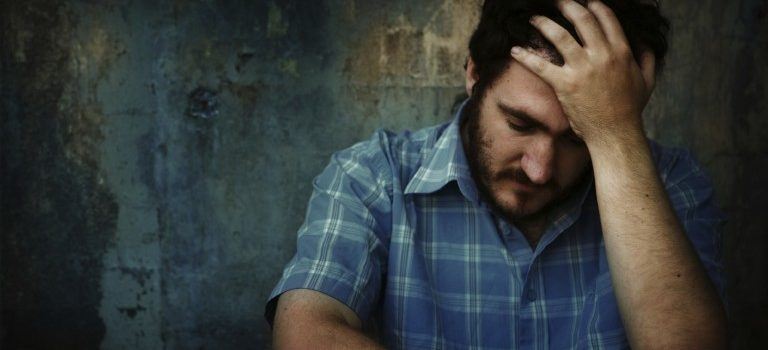

Managing Stress, Isolation, and Risk of Drug or Alcohol Relapse During the COVID-19 Pandemic
by Keith Heinzerling
The affects of social distancing are a serious concern. Those who suffer from drug or alcohol problems are not only at risk of exposure, but may also be at risk of a relapse.
How can stress and isolation during COVID-19 result in a relapse?
The worldwide coronavirus pandemic and the resulting widespread social distancing and stay-at-home orders may be a source of significant stress and social isolation for some people.
People with drug or alcohol problems may be particularly susceptible to the potential negative effects of stress and isolation which may increase the risk of relapse.
Studies show that stress is a trigger for relapse to drug or alcohol use via actions of the stress hormone corticotropin-releasing factor acting on the brain’s reward system. Preclinical studies show that animals kept in isolation are more likely to press a lever to receive a dose of drug or alcohol than animals able to interaction with other animals.
People may turn to drugs or alcohol in an attempt to escape from the stress of the current time or to self-medicate feelings of anxiety or depression.
So what can people with drug or alcohol problems do while socially distancing themselves to reduce the risk of relapse?
Where to seek help
One suggestion is to seek out and schedule regular social interactions with sober friends and family. Feeling lonely or bored have long been recognized by self-help programs such as Alcoholics Anonymous (AA) as triggers for relapse.
Although in-person self-help meetings are not possible now, online meetings and support were already available from AA and SMART Recovery prior to the pandemic and are a great option during this time of social distancing.
In addition, telemedicine options for connecting with your doctor and/or therapist are now much more accessible due to changes in regulations during the public health emergency caused by the pandemic.
Keep yourself busy
Another suggestion, which is often recommended as part of any treatment plan for a drug or alcohol problem is to avoid long stretches of idle time during which one’s mind may begin to ruminate or focus on cravings.
Try to keep a regular schedule for going to bed and getting up, and use a calendar to schedule healthy activities, such as talk on the phone or video conference with family or friends, throughout the day to avoid lapsing into boredom. Light exercise, yoga, or meditation may also help to relieve stress.
Always protect yourself
Keeping alcohol use to the minimum and avoiding drug use will help to keep you and your immune system as healthy as possible to avoid infection. But that may not be possible for all people. If you do use drugs or alcohol in these times, social distancing and isolation may increase the risk of fatal overdose.
Never use drugs or alcohol alone and know that combining drugs and alcohol, especially opioids and benzodiazepines, increases the risk of accidental overdose. Naloxone or Narcan nasal spray is available from pharmacies without a prescription in many states including California and can be administered by a lay-person to reverse an opioid overdose. But if no one is there to witness an overdose there will be no one to administer Narcan and call 911 for help.
Again, the safest path is to avoid drug and alcohol use during these times, but if you do use, do not use alone, but follow the CDC’s recommendations: wash your hands often with soap and water for at least 20 seconds, avoid touching your eyes, nose, and mouth with unwashed hands, keep a distance between yourself and other people, avoid close contact with people who are sick, clean AND disinfect frequently touched surfaces daily.
About the Author

Keith Heinzerling
Dr. Keith Heinzerling practices internal medicine and is an addiction medicine specialist at the Pacific Brain Health Center, Pacific Neuroscience Institute. His clinical and research focuses are on the treatment of alcohol, drug and substance use problems, with anti-addiction medications. As director of the Treatment & Research In Psychedelics (TRIP) program, he is involved in the development of psychedelic-assisted therapies for those suffering with addiction, depression, anxiety, and PTSD. Dr. Heinzerling is a trained psychedelic guide and holds a Certificate in Psychedelic-Assisted Therapies and Research (CPTR) from the California Institute of Integral Studies (CIIS).
Last updated: November 19th, 2021